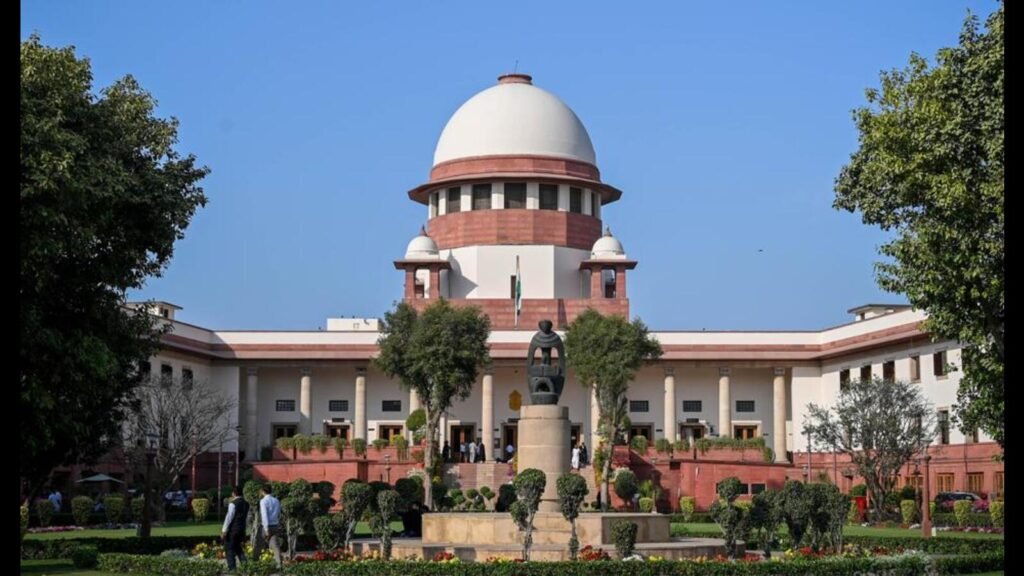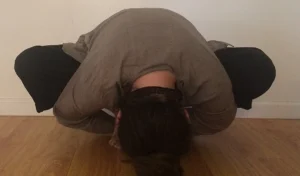
Article 51A(h) of the Constitution declares it a fundamental duty of every citizen to cultivate scientific temper, humanism, and the spirit of inquiry and reform. Yet this mandate has often struggled to translate into institutional practice. The recent litigation over misleading medical advertisements illustrates the difficulty. In April 2024, the Supreme Court rebuked Patanjali Ayurved for disparaging modern medicine in its campaigns. Even as the case was in court, the AYUSH ministry issued a notification deleting Rule 170 of the Drugs and Cosmetics Rules, 1945. Introduced to curb exaggerated claims, the rule required advertisements for Ayurvedic, Siddha, or Unani medicines to be pre-approved by State licensing authorities. For example, a company could not market a herbal pill as a cure for diabetes without evidence. With its deletion, prior scrutiny was no longer required. By August 2025, the Court closed the proceedings, holding that AYUSH advertisements did not need pre-approval.

The shift from reprimanding misleading advertisements to regulatory relaxation underscores a broader problem. The Constitution imposes a duty to cultivate scientific temper, but the institutions required to make it real remain weak and fragmented.
The continued reliance on alternative medicine shows how wide the gulf is between constitutional aspiration and lived reality. A survey found near-universal awareness of AYUSH, with use reported by about 46% of rural and 53% of urban households in the past year. Citizens’ choices are heavily influenced by systemic constraints in health care access and affordability. Public hospitals are overstretched, private care often drives families into debt, and health expenditure borne by households is still among the highest globally. Formal treatment often brings catastrophic costs, while alternative practices spread expenses and feel less overwhelming.
The explanation is not only economic but also grounded in perceptions of trust. Patients waiting in crowded government hospitals or rushing through brief consultations in private facilities often feel unseen. By contrast, traditional practitioners may offer familiarity, time, and reassurance of personalized attention. Political validation reinforces these impressions. The consolidation of institutional support through the ministry of AYUSH and the WHO Global Center for Traditional Medicine places the imprimatur of the State on practices whose evidentiary basis remains contested. Citizens are thus confronted with contradictory signals. The Constitution calls upon them to cultivate scientific temper, even as the State endorses unverified systems.
This contradiction between constitutional exhortation and State endorsement exemplifies what scholars term symbolic constitutionalism, the tendency of constitutions to proclaim ambitious commitments without building the institutions required for their fulfillment. Article 51A(h) imposes a duty, but without regulation and investment it operates as aspiration rather than practice. The repeal of safeguards like Rule 170 demonstrates this dynamic. Instead of creating conditions in which citizens can deliberate on the basis of evidence and reason, the State retreats from its responsibility and transfers the burden of discernment to individuals. What was intended as a collective constitutional project is reframed as a matter of private virtue, and constitutional duties risk collapsing into little more than moral exhortations.
The regulatory framework reflects this abdication of responsibility. With the deletion of Rule 170, consumer protection law has become the primary check on misleading medical advertisements. The Central Consumer Protection Authority’s 2022 guidelines prohibit false health claims, but enforcement has been sporadic and retrospective. Proposals to amend the Drugs and Magic Remedies (Objectionable Advertisements) Act, 1954, which was enacted to curb advertisements making false claims of cures for chronic diseases, have remained stalled for years. A framework this fragmented cannot bear the constitutional weight placed upon it. Article 51A(h) cannot be realized in an environment where misleading claims flourish unchecked and evidence-based care remains inaccessible.
The difficulty is compounded by what may be described as constitutional populism. Populist politics often reframes constitutional commitments in cultural rather than rational terms. Scientific temper is recast as affirmation of tradition. Alternative practices are cast as authentically Indian, while modern medicine is caricatured as foreign or elitist. In this setting, the duty to question is transformed into a duty to affirm, and the constitutional message is reshaped not by deliberation but by populist legitimacy.
The deeper paradox is that duties and rights expand in the text even as they collapse in practice. Citizens are urged to cultivate scientific temper, but the State undermines that duty through weak regulation and contradictory policy signals. Unless governments accept responsibility for the regulatory and infrastructural foundations of scientific temper, it will remain a duty in the text but not a practice in reality.
Shantanu Pachauri is assistant professor, School of Law, RV University, Bengaluru. The views expressed are personal






